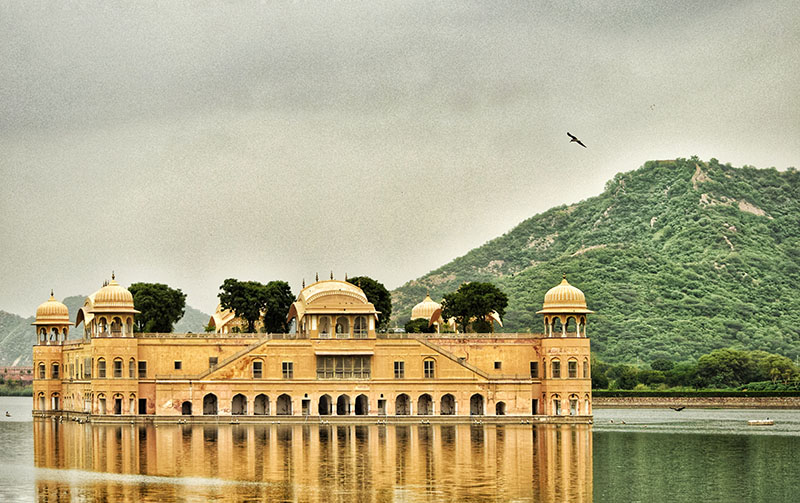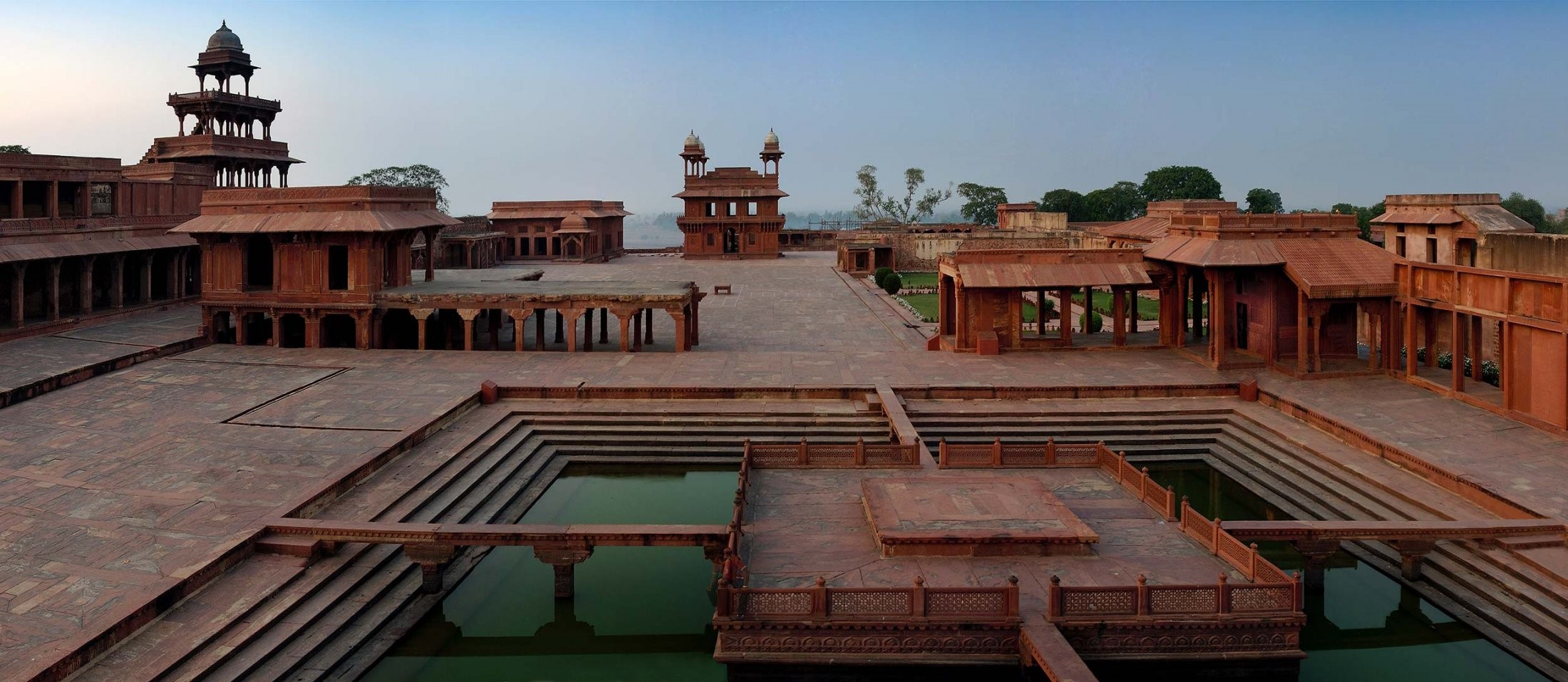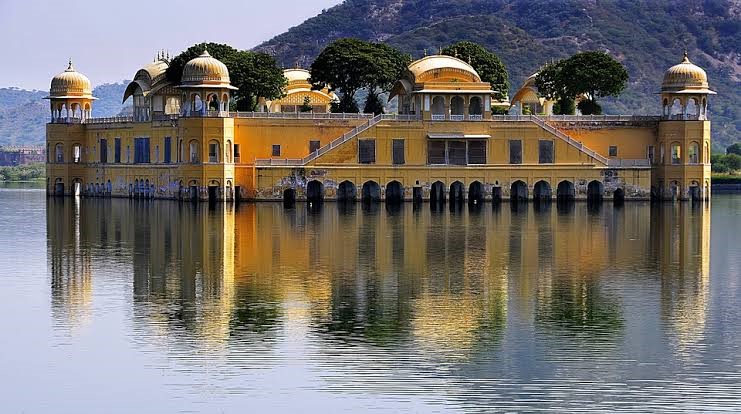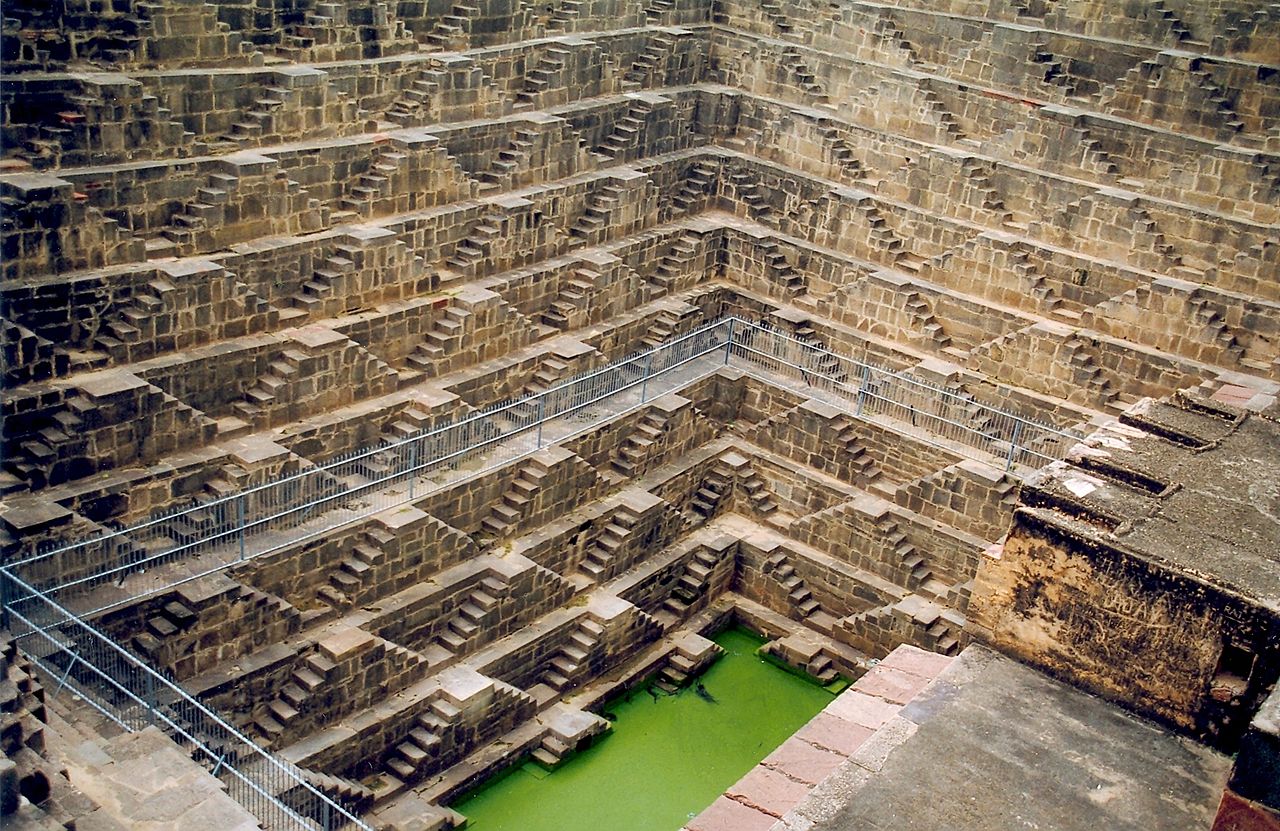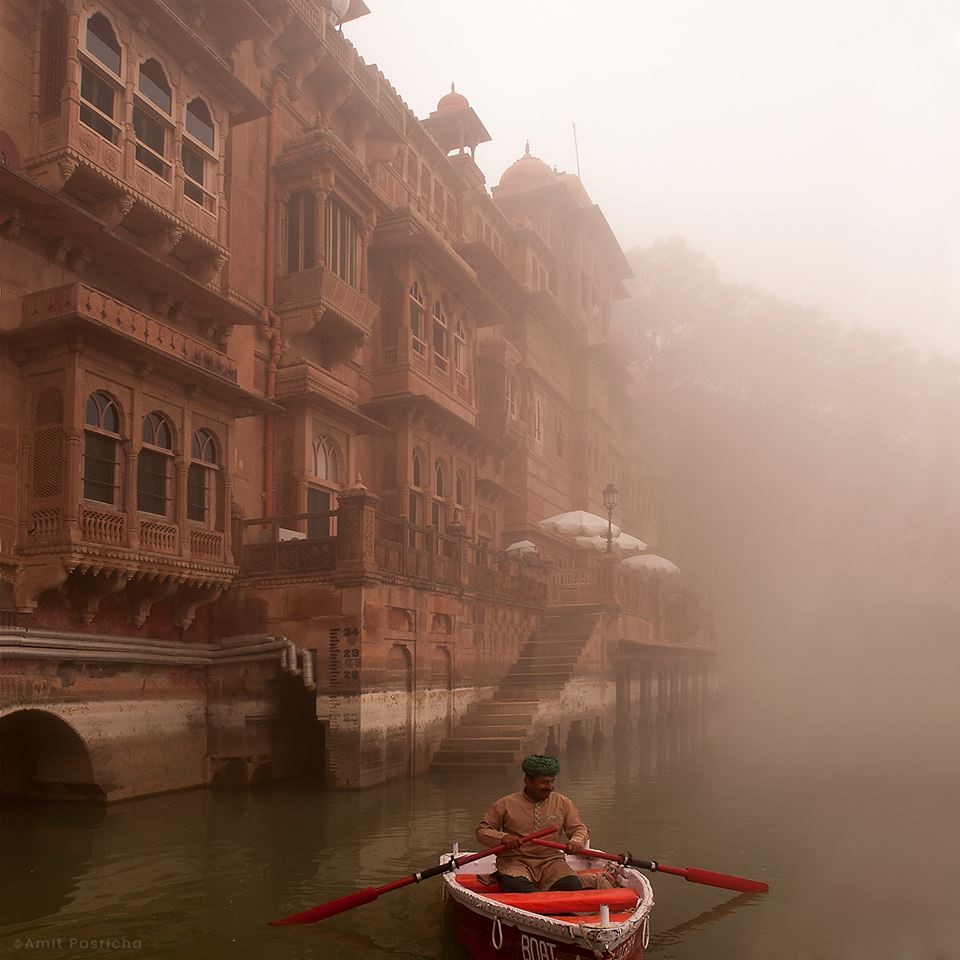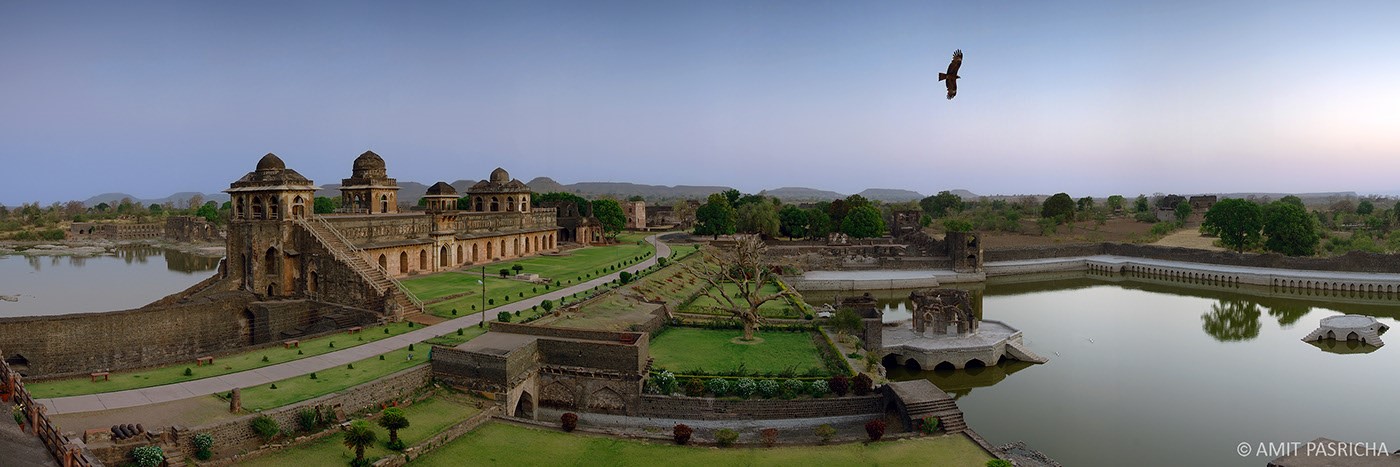Call for papers:
The Centre for Historic Houses & Heritage Studies at OP Jindal Global University, Sonipat, is organizing a workshop on water & heritage at the JGU Delhi Campus on 25 November, 2019.
Themes: Architectural History- Conservation – Environmental Science – Low Energy Architecture
Aims: This workshop endeavours to build bridges in several ways, by connecting different disciplines and creating comparative studies between Asia and Europe. The focus of this workshop will be on the intersection between architectural history, environmental science and low energy architecture and how a dialogue between these different disciplines can be of mutual benefit.
How can the study of historic water architecture help to address current problems? What are the challenges of preserving historic water architecture and how can we use past strategies to preserve water and to use water for cooling purposes in contemporary low energy architecture? While different experts will introduce their area of research, we will also have a panel to address ways of future interdisciplinary research and collaboration between heritage and water experts in India and abroad.
Background and topics: India has a rich history of water related architecture covering all aspects of life from the most prosaic utilitarian functions of every day life and survival, to the sacred, to leisure and all in unimaginable splendour. Water architecture also encompasses diverse structures and typologies, such as stepwells, or water tanks for water harvesting, aqueducts for the transport of water, bridges, ghats – the steps leading down to a river – sacred temple ponds, forts and pleasure palaces in artificial lakes. While all of these historic monuments are of interest to the architectural historian, they also reveal strategies of water preservation and thermal benefits including cooling measures that are relevant for contemporary passive low energy architecture.
Please send over proposals or examples of how historic monuments helped to preserve water, used water as a cooling system and embraced water from a sacred and aesthetic point of view in the decoration of historic houses.
Deadline for proposals: 30 October 2019
People: Keynote speaker will be Oliver Schreiber, Federal Authority for the Preservation of Historic Monuments, Austria and Prof Langergraber, head of the department of Water, Atmosphere and Environment at the BOKU University Vienna, one of the world’s leading research institutions in environmental studies.
Other speakers:
– Anuradha Chaturvedi, Associate Professor & head of conservation department, SPA
– Vibhuti Sachdev, Dean Sushant School of Art and Architecture
– Esther Schmidt (Oxon), Director, Centre for the Centre of Historic Houses & Heritage Studies, Associate Professor, School of Art & Architecture, Jindal Global University
– Sachdev Singh, director, Knowledge Management, International Commission on Irrigation and Drainage, New Delhi
– Vandana Sinha, Director, Centre for Art & Archaeology, American Institute for Indian Studies
Please send your abstract/proposal for a 20 minute paper not exceeding 500 words, a short biographical paragraph and photograph to:
Prof. Dr. Esther Schmidt (Oxon)
-Director, Centre for Historic Houses & Heritage Studies-
School of Art & Architecture
OP Jindal Global University
Sonipat, Haryana
India
Photographs
1- Fatehpur Sikri, Agra District, Uttar Pradesh, by Amit Pasricha
2- Jal Mahal Lake Palace, Jaipur, Rajasthan
3- Chand Baori, in the village of Abhaneri near Bandikui, Rajasthan: one of the deepest and largest stepwells in India.
4- Gajner Lake Palace by Amit Pasricha
5- Jal Mahal, Narnaul, Haryana by Amit Pasricha
